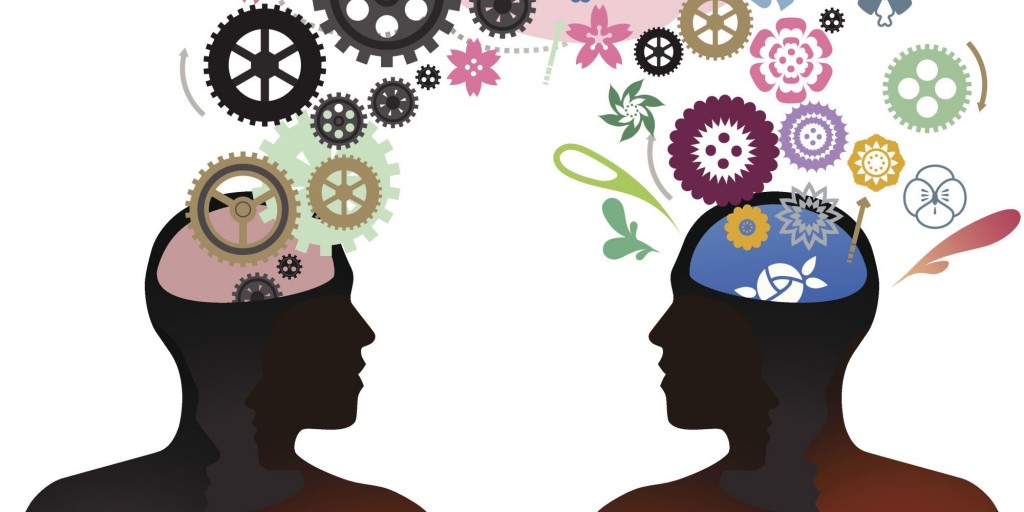Why do certain people achieve more success than others?
What is it about how certain people behave and interact, how they are “wired” that drives them to greater success than their peers?
More often than not, it is their emotional intelligence (EQ), or, in other words, their ability to identify and manage the emotions of themselves and others.
There are critical ways that high achievers with strong emotional intelligence handle their lives, which you can learn from. Ten of them are:
1. Embrace Work-Life Balance
People who work too hard without rest or focusing equally on personal relationships usually burn out before they can reach their potential. Conversely, those who don’t work particularly hard tend to simply underachieve. The first step in EQ is self-awareness: understanding how much work–and focus on work–you can take on in your life and pushing the upper limit of that without coming too close to going over.
2. Empower Your Partner
Finding the right partner is a critical part of achieving emotional balance. That person should stabilize, compliment, and empower you–and they can only do that if you empower them in turn. Successful partner EQ support relationships are symbiotic–and it starts with you.
3. Focus
I always try to draw a key distinction in my own life between multitasking and multifocusing. Although I may be doing three tasks at once at any given moment, I keep my overall goals very focused and don’t change them until those goals are achieved, or I need to pivot them.
4. Be Creative
Boredom hampers creativity, which in turn hampers emotional welfare. Emotional creativity manifests itself most effectively in a desire to understand and explore other people positively. Individuals who are genuinely and positively curious about others tend to form powerful and enduring relationships.
5. Listen First
Listening is often empowered by emotional creativity mixed with discipline. It is a sign of great emotional intelligence–and not one that all of us, myself included, have any easy time with–to be genuinely curious about people and disciplined enough to remove the focus from oneself and listen to them 75 percent of the time.
6. Embrace Dynamism and Positive Volatility
Too much safety leads to boredom, which over time stunts intellectual stimulation and often leads to insecurity, which typically hampers emotional intelligence. Change, especially when embraced as a positive, can be a powerful catalyst.
7. Don’t Be a Perfectionist
Perfectionism, nearly always unfulfilled, leads to intense frustration and emotional distress. It also leads to placing blame on others for failing to live up to unacceptable standards, which is a major drag on EQ and on your relationships with others.
8. Don’t Accept the First Answer
Use curiosity and listening to gently probe for many solutions to different problems. EQ is one of the best ways to identify multi-layered solutions and incorporate the ideas of multiple participants seamlessly.
9. Move Past Mistakes
Dwelling on the past, and on the mistakes of either yourself or others, causes distress, anger, and misplaced blame.
10. Channel Anger
Anger is not a negative emotion in itself–it is the most powerful catalyst in the human arsenal. But it must be controlled and channeled into the appropriate action–and away from people. EQ helps people use anger the right way.
The opinions expressed here by Inc.com columnists are their own, not those of Inc.com.

